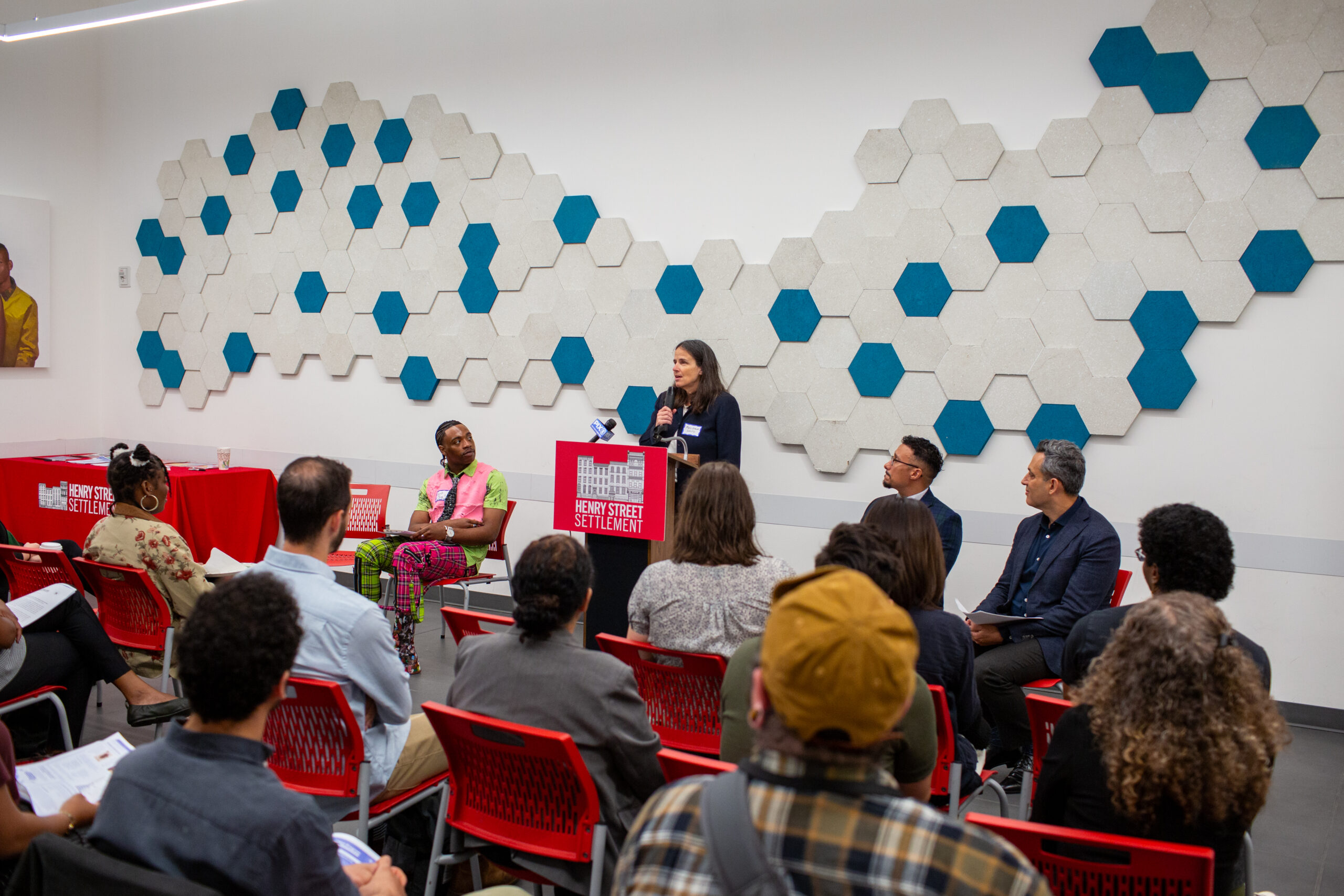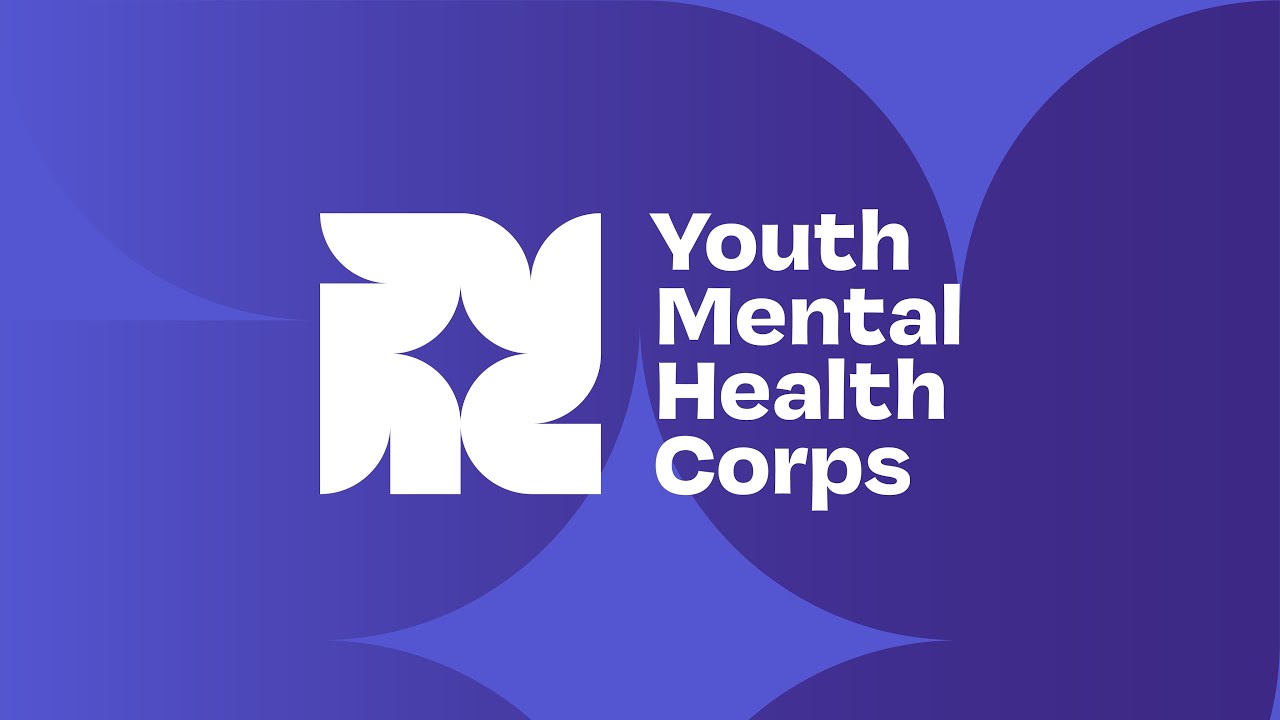First National Targeted Cash Assistance Program to Prevent Youth Homelessness Launches in Seven States
Over 90% of individuals who received cash assistance stabilized their housing after one month
May 6, 2025

Tuesday, May 6 – New York City – Point Source Youth (PSY) and researchers from Johns Hopkins University published today initial findings from the PSY Targeted Housing Assistance Program, a pilot initiative aimed at preventing homelessness among young adults. The program provides a one-time cash payment and targeted service support to young people experiencing an imminent housing crisis, offering immediate financial relief and support to stabilize their housing and prevent homelessness. Serving 345 young adults and 623 total individuals across seven states, initial findings indicate the program efficiently addressed young people’s housing needs, with 9 out of 10 of clients who completed the follow-up survey one month after receiving the cash reported being stably housed.
Point Source Youth partnered with eight service providers across seven states – Arizona, California, Georgia, Michigan, New York, Oregon and Texas – to help young people navigate their particular housing crisis and distribute a one-time cash payment to support their housing action plan. In addition to cash, services such as financial counseling and housing navigation were provided for up to six months, and each program recipient worked with a service provider to complete a customized Housing Action Plan. The plan requires participants to identify housing solutions, create their housing plan, create a budget, and outline their action steps to remain stably housed.
“We cannot end youth homelessness without preventing it in the first place, and we know how to successfully do so—by providing young people with the cash and tailored support they need, when they need it,” said Larry Cohen, executive director and co-founder of Point Source Youth. “This cost-saving, scalable, and successful program impacted 623 people nationwide. It’s time to make the Targeted Housing Assistance Program available to young people at risk of becoming homeless in even more communities.”
Initial research indicates this tool is an efficient approach to address housing insecurity by preventing homelessness from the start:
- 90% of the recipients who completed a follow-up survey one month after receiving the cash reported being stably housed.
- 95% of respondents stabilized their current housing or found new housing, while others reported reunifying with family or friends.
- While the program served 345 households, participants reported that the total people served is nearly double that, at 623 total people.
- The Targeted Housing Assistance Program was especially impactful for young people who are already working but have fallen behind on their rent due to unforeseen circumstances. For many, the one-time cash infusion meant the difference between staying in their home and experiencing homelessness.
Additionally, recipients reported being able to create new opportunities for themselves. With basic needs and debts taken care of, participants were able to concentrate on their employment and education, or improve their living situation by moving to a more affordable city with more job opportunities.
After participating in the pilot program, a New Yorker named Taurice said, “I know that I’m a hard worker so I feel like there are good things coming my way. As long as I stay on this path, I’m going to have a bright future ahead.”
A participant in Texas named Yoselin was on the verge of losing housing for herself and her family of six. She said, “I was dealing with the stress and anxiety of losing a place to call home, but then had a bright light at the end of the tunnel with the help of this program. Now, I know I have not failed and I’ve found a way to stay positive.”
Research shows that rates of homelessness among young people living in the United States have more than doubled in the last decade, but interventions like this program can prevent young adults and their families from becoming homeless in the first place. While 345 youth enrolled in the program, many supported their entire households, including children, siblings, parents and chosen family. This program impacted 623 people total and empowered young people to extend stability to others in their community, at a low relative cost compared to other public services, like emergency shelters.
“The success of the Targeted Cash Assistance program is a powerful reminder of what’s possible when we center young people in solutions built for them,” said Marie Groark, managing director at the Schultz Family Foundation. “This work is an example of philanthropy’s role in catalyzing innovation with potential to scale. The early results across communities are promising, and by building strong cross-sector partnerships we’re creating a foundation to sustain and expand this approach nationwide.”
Participants received an average of $2,048 – based on regional cost of living – distributed in a one-time cash payment.
“The Targeted Housing Assistance Program demonstrates that we have what it takes to build a future where every young person has a safe place to call home,” said Casey Trupin, director of housing stability for youth at the Raikes Foundation. “This intervention provides near-immediate support, is economically efficient, and effectively prevents a homelessness crisis before it happens. What’s more, the program is scalable. These encouraging findings are evidence of the power of cross-sector partnerships and youth leadership. We encourage more communities across the country to join us in implementing this effective program.”
“The Targeted Housing Assistance Program is an important step in preventing homelessness from occurring in the first place. We have seen that flexible cash programs that provide immediate access to financial resources before a housing crisis and effectively target those likely to experience homelessness are cost-effective solutions,” said Dr. Dennis Culhane, professor at University of Pennsylvania. “The average annual cost of shelter is approximately $30,000. Preventing shelter stays, not to mention additional savings in emergency room costs, other costs, is essential to addressing homelessness by preventing it in the first place.”
“We all know a young person in our community who could benefit from extra support. That can mean anything from having someone to talk through problems with to accessing resources that help them find a safe place to stay,” said Thehbia Hiwot, managing director, housing and homelessness at Trinity Church Wall Street. ”Trinity is proud to support the Targeted Housing Assistance Program, which has played a central role in helping young people find stable housing at this critical developmental stage in their lives. If we can prevent youth homelessness before it starts, we can build stronger, healthier communities – and we will be better for it.”
Further evaluation will explore the specific program implementation including key elements of the young people’s housing plan, and how providers identify young people to enroll in the program. Point Source Youth is working to expand the program across the country, and continues to engage with Johns Hopkins on program evaluation. Additional data documenting three- and six-month housing outcomes will be available in Summer 2025.
Please visit Point Source Youth’s media page to review the Targeted Housing Assistance Program’s Summary of Findings, program testimonials and initial seven-state report.
###
About Point Source Youth
Point Source Youth is a national organization working to prevent and end youth homelessness in the U.S. Point Source Youth provides thought leadership, advocacy, technical assistance, and evaluation to scale proven interventions that can cost effectively prevent youth homelessness in the first place or provide young people with the resources they need for stable housing if they are experiencing homelessness. After 10 years of work in the field, Targeted Housing Assistance and Direct Cash Transfers, both with youth-directed support, are the interventions that are cost-effective, scalable, and work. To learn more, visit pointsourceyouth.org.
Media Contact:
Abby Leeper Gibson
Communication Consultant, Point Source Youth
402-681-7980 | abby@allinstrategic.com


